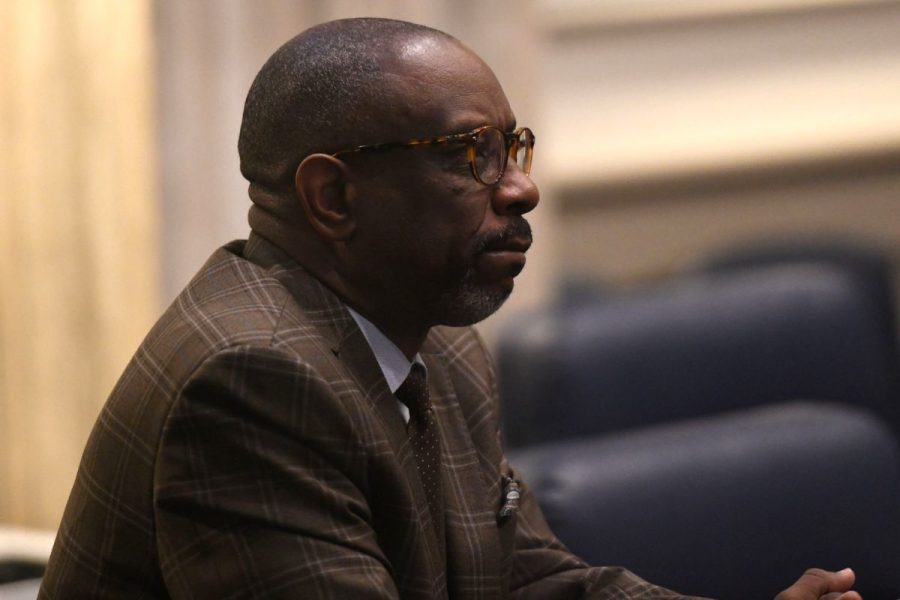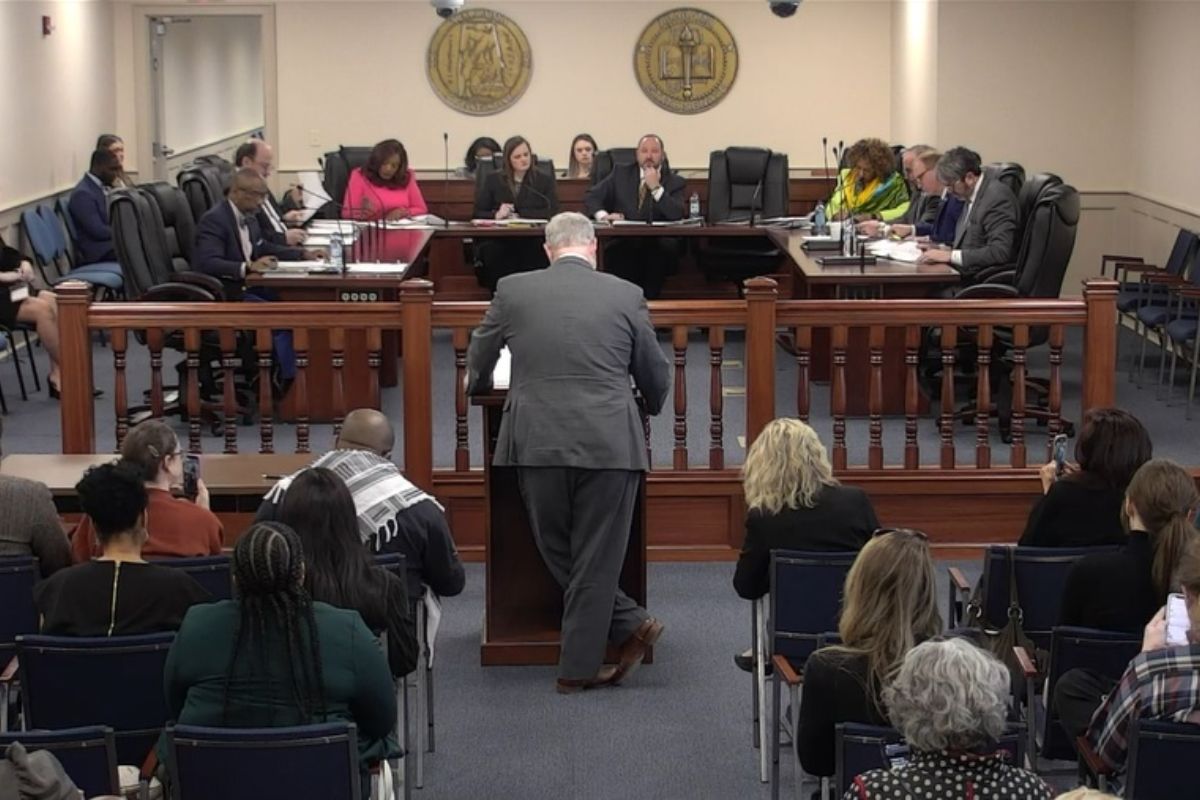Senate Sparks Debate With Statewide Bills: The recent activity within the Alabama Senate’s Local Government Committee has stirred considerable debate surrounding statewide bills that potentially encroach on local autonomy. These bills have not only sparked controversy but also prompted discussions on the boundaries of state intervention in local affairs.
As the committee continues to deliberate on these critical matters, the implications of these proposed legislations on the state’s governance and local decision-making processes are becoming increasingly apparent. The intersection of state and local interests in these bills presents a complex landscape that warrants closer examination.
Controversial Bills Dominate Alabama’s 2024 Legislative Session
The 2024 legislative session in Alabama has been characterized by the dominance of controversial bills that have ignited intense debate and scrutiny among state lawmakers. These bills have taken center stage, prompting heated discussions and raising significant concerns within the political landscape of the state.
Of particular note is the Senate County and Municipal Government Committee, which plays a pivotal role in deliberating on matters concerning municipalities and counties. This committee has emerged as a key player in the legislative process, tackling contentious legislations that have captured the attention of both supporters and critics alike.
The scrutiny and debate surrounding these controversial bills have underscored the diverse opinions and perspectives within the Alabama political arena. As lawmakers navigate through this complex landscape of competing interests and ideologies, the decisions made during this legislative session are poised to have a profound impact on the state’s governance and future trajectory.
The intensity of the discussions reflects the importance of these issues and the need for thoughtful and informed decision-making by Alabama’s policymakers.
Alabama Department of Archives and History Governance Overhaul
Proposed legislation sponsored by Sen. Chris Elliott aims to implement a significant reorganization of the governing board overseeing the Alabama Department of Archives and History. This move has sparked debates and concerns due to its potential impact on the state agency. Sen. Elliott’s criticism of the Archives hosting a program on LGBTQ+ history adds a layer of complexity to the discussion surrounding the proposed overhaul.
- The legislation seeks to restructure the governing board of the Alabama Department of Archives and History.
- Sen. Chris Elliott is the sponsor of the bill pushing for this reorganization.
- There are concerns about the implications of such a significant change within the governing structure.
- This proposed overhaul has drawn attention to the Archives and their past programming decisions.
- The reorganization could potentially shape the future direction and priorities of the Alabama Department of Archives and History.

ALSO READ: AG Garland Champions Voting Rights in Selma: Democracy’s Pillar
Legislation on “Divisive Concepts” and DEI Programs Raises Concerns
Sen. Chris Elliott’s proposed legislation restructuring the governing board of the Alabama Department of Archives and History has sparked concerns, and now the same committee has voted on a bill addressing ‘divisive concepts’ and DEI programs, primarily impacting K-12 schools and colleges.
The legislation targets public employees involved in teaching these concepts or running DEI programs, raising questions about its alignment with the committee’s official description, which typically focuses on matters concerning municipalities or counties, rather than educational institutions. This move has sparked concerns among educators and advocates who fear that such legislation could restrict the discussion of important social issues in educational settings.
Critics argue that these bills could hinder efforts to promote diversity, equity, and inclusion within the education system, potentially limiting students’ exposure to vital discussions on race, history, and societal challenges. The implications of these proposed measures on academic freedom, curriculum development, and the overall educational experience in Alabama are subjects of ongoing debate and scrutiny.
The same committee voted on another bill targeting public employees involved in teaching “divisive concepts” or running Diversity, Equity, and Inclusion (DEI) programs. This legislation raises questions about its alignment with the committee’s official description, considering it primarily concerns K-12 schools and colleges, not municipalities or counties.
Legislation targeting public employees involved in teaching ‘divisive concepts’ or running Diversity, Equity, and Inclusion (DEI) programs has been voted on by the same committee, prompting questions regarding its alignment with the committee’s official scope, which traditionally focuses on matters related to municipalities and counties rather than educational institutions. Lawmakers, such as Sen. Merika Coleman, have expressed confusion over the committee assignments, questioning why bills unrelated to county and municipal affairs were presented in the Senate County and Municipal Government Committee.
Concerns were raised about the timing of these controversial bills, which deviated from the usual legislative sequence that starts with less contentious matters. The situation sheds light on the complexities and tensions surrounding legislative priorities, committee assignments, and the broader political landscape within Alabama’s legislative session.
- Lawmakers’ confusion over the committee assignments
- Questions regarding the bills’ relevance to county and municipal affairs
- Concerns about the timing of controversial bills
- Deviation from the typical legislative sequence
- Insights into the complexities of legislative priorities and committee assignments

News in Brief
Controversial bills dominating Alabama’s 2024 legislative session, particularly within the Senate County and Municipal Government Committee, have sparked heated debates. Sen. Chris Elliott‘s proposed overhaul of the Alabama Department of Archives and History’s governing board raises concerns, with criticism of LGBTQ+ history programming adding complexity. The same committee voted on legislation addressing ‘divisive concepts’ and DEI programs in educational institutions, raising questions about alignment with its municipal and county-focused description. Confusion among lawmakers over committee assignments and the deviation from the usual legislative sequence highlight the complexities of priorities within Alabama’s political landscape. The decisions made during this session are poised to shape the state’s governance and future trajectory significantly.

